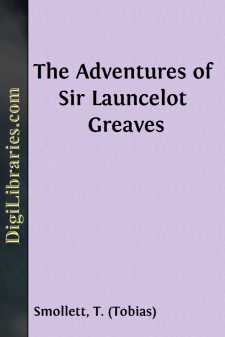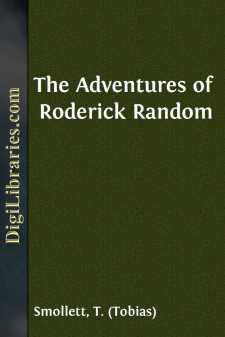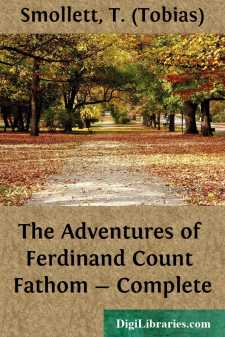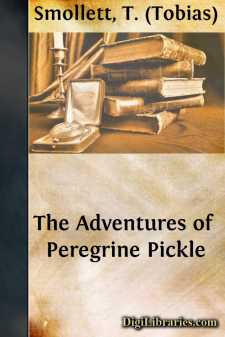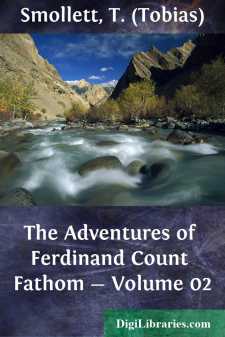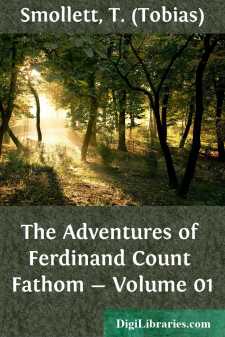Categories
- Antiques & Collectibles 13
- Architecture 36
- Art 48
- Bibles 22
- Biography & Autobiography 815
- Body, Mind & Spirit 144
- Business & Economics 28
- Children's Books 18
- Children's Fiction 14
- Computers 4
- Cooking 94
- Crafts & Hobbies 4
- Drama 346
- Education 58
- Family & Relationships 59
- Fiction 11835
- Games 19
- Gardening 17
- Health & Fitness 34
- History 1378
- House & Home 1
- Humor 147
- Juvenile Fiction 1873
- Juvenile Nonfiction 202
- Language Arts & Disciplines 89
- Law 16
- Literary Collections 686
- Literary Criticism 179
- Mathematics 13
- Medical 41
- Music 40
- Nature 180
- Non-Classifiable 1768
- Performing Arts 7
- Periodicals 1453
- Philosophy 65
- Photography 2
- Poetry 896
- Political Science 203
- Psychology 44
- Reference 154
- Religion 515
- Science 126
- Self-Help 85
- Social Science 83
- Sports & Recreation 34
- Study Aids 3
- Technology & Engineering 60
- Transportation 23
- Travel 463
- True Crime 29
Our website is made possible by displaying online advertisements to our visitors.
Please consider supporting us by disabling your ad blocker.
The Adventures of Sir Launcelot Greaves
Description:
Excerpt
INTRODUCTION
It was on the great northern road from York to London, about the beginning of the month of October, and the hour of eight in the evening, that four travellers were, by a violent shower of rain, driven for shelter into a little public-house on the side of the highway, distinguished by a sign which was said to exhibit the figure of a black lion. The kitchen, in which they assembled, was the only room for entertainment in the house, paved with red bricks, remarkably clean, furnished with three or four Windsor chairs, adorned with shining plates of pewter, and copper saucepans, nicely scoured, that even dazzled the eyes of the beholder; while a cheerful fire of sea-coal blazed in the chimney.
It would be hard to find a better beginning for a wholesome novel of English life, than these first two sentences in The Adventures of Sir Launcelot Greaves. They are full of comfort and promise. They promise that we shall get rapidly into the story; and so we do. They give us the hope, in which we are not to be disappointed, that we shall see a good deal of those English inns which to this day are delightful in reality, and which to generations of readers, have been delightful in fancy. Truly, English fiction, without its inns, were as much poorer as the English country, without these same hostelries, were less comfortable. For few things in the world has the so-called "Anglo-Saxon" race more reason to be grateful than for good old English inns. Finally there is a third promise in these opening sentences of Sir Launcelot Greaves. "The great northern road!" It was that over which the youthful Smollett made his way to London in 1739; it was that over which, less than nine years later, he sent us travelling in company with Random and Strap and the queer people whom they met on their way. And so there is the promise that Smollett, after his departure in Count Fathom from the field of personal experience which erstwhile he cultivated so successfully, has returned to see if the ground will yield him another rich harvest. Though it must be admitted that in Sir Launcelot Greaves his labours were but partially successful, yet the story possesses a good deal of the lively verisimilitude which Fathom lacked. The very first page, as we have seen, shows that its inns are going to be real. So, too, are most of its highway adventures, and also its portion of those prison scenes of which Smollett seems to have been so fond. As for the description of the parliamentary election, it is by no means the least graphic of its kind in the fiction of the last two centuries. The speech of Sir Valentine Quickset, the fox-hunting Tory candidate, is excellent, both for its brevity and for its simplicity. Any of his bumpkin audience could understand perfectly his principal points: that he spends his estate of "vive thousand clear" at home in old English hospitality; that he comes of pure old English stock; that he hates all foreigners, not excepting those from Hanover; and that if he is elected, he "will cross the ministry in everything, as in duty bound."
In the characters, likewise, though less than in the scenes just spoken of, we recognise something of the old Smollett touch....


